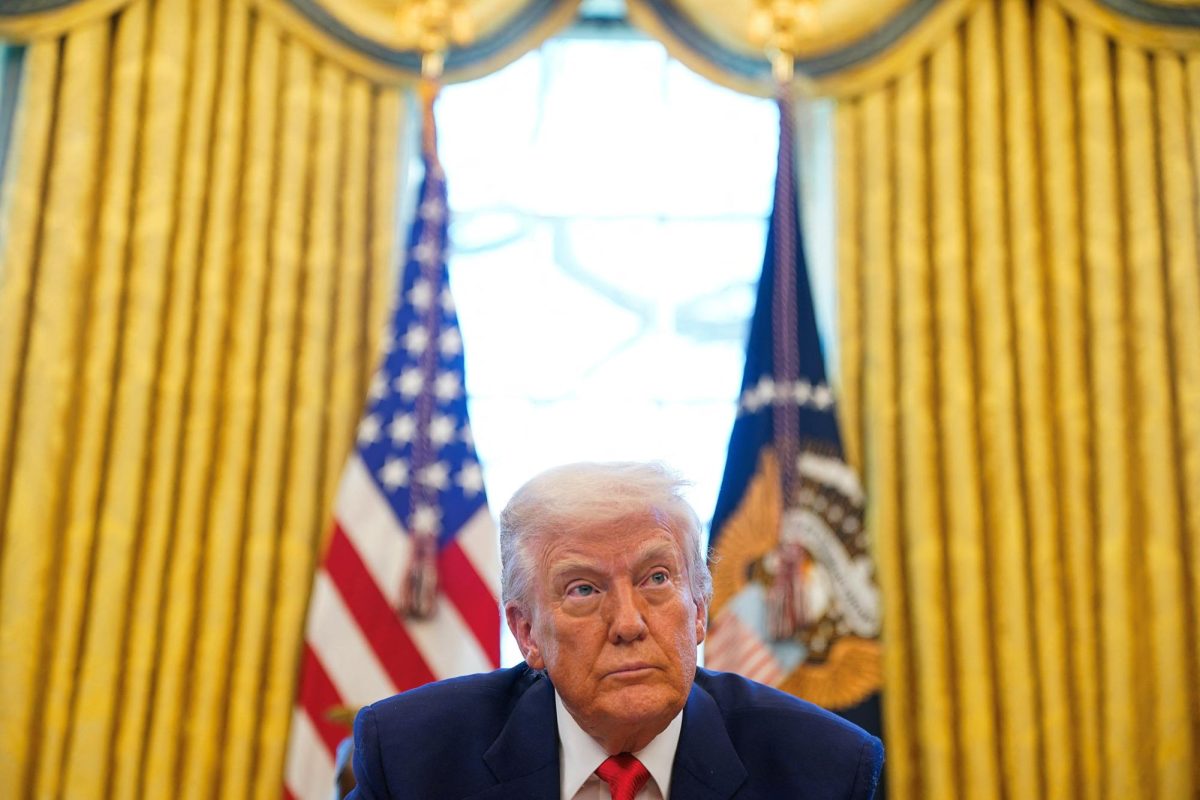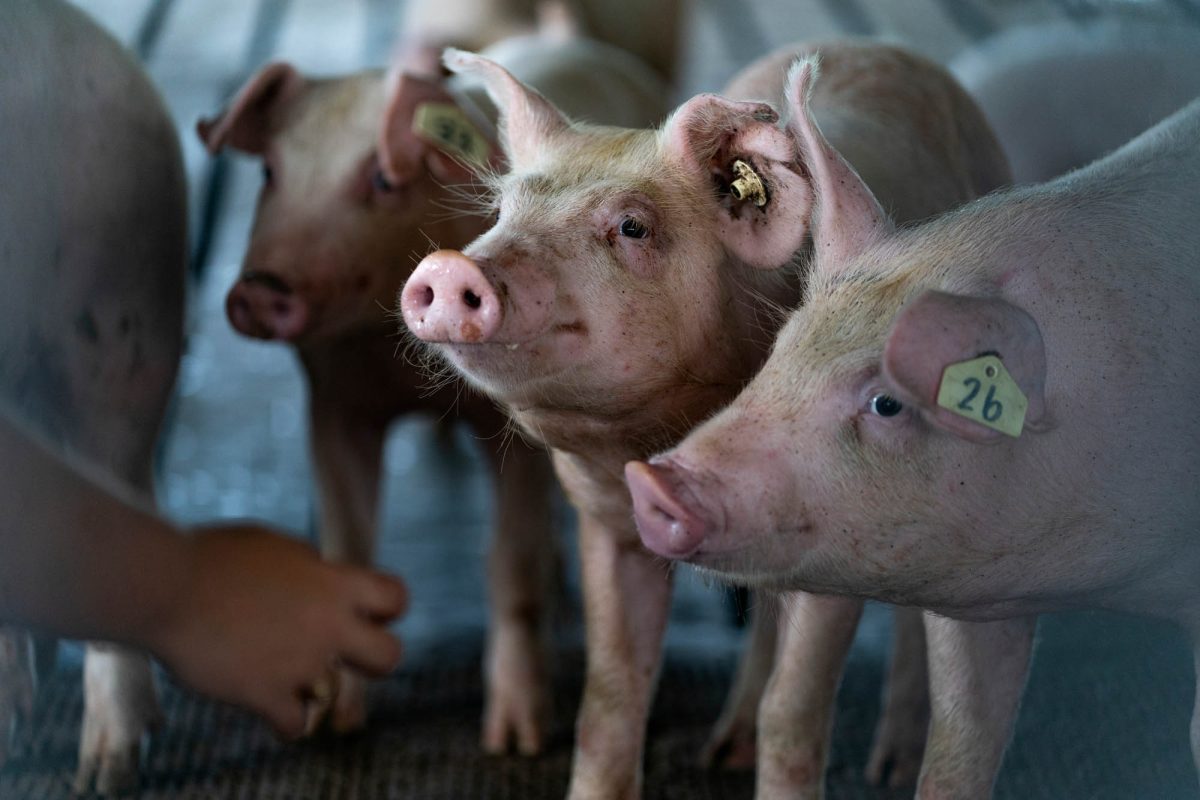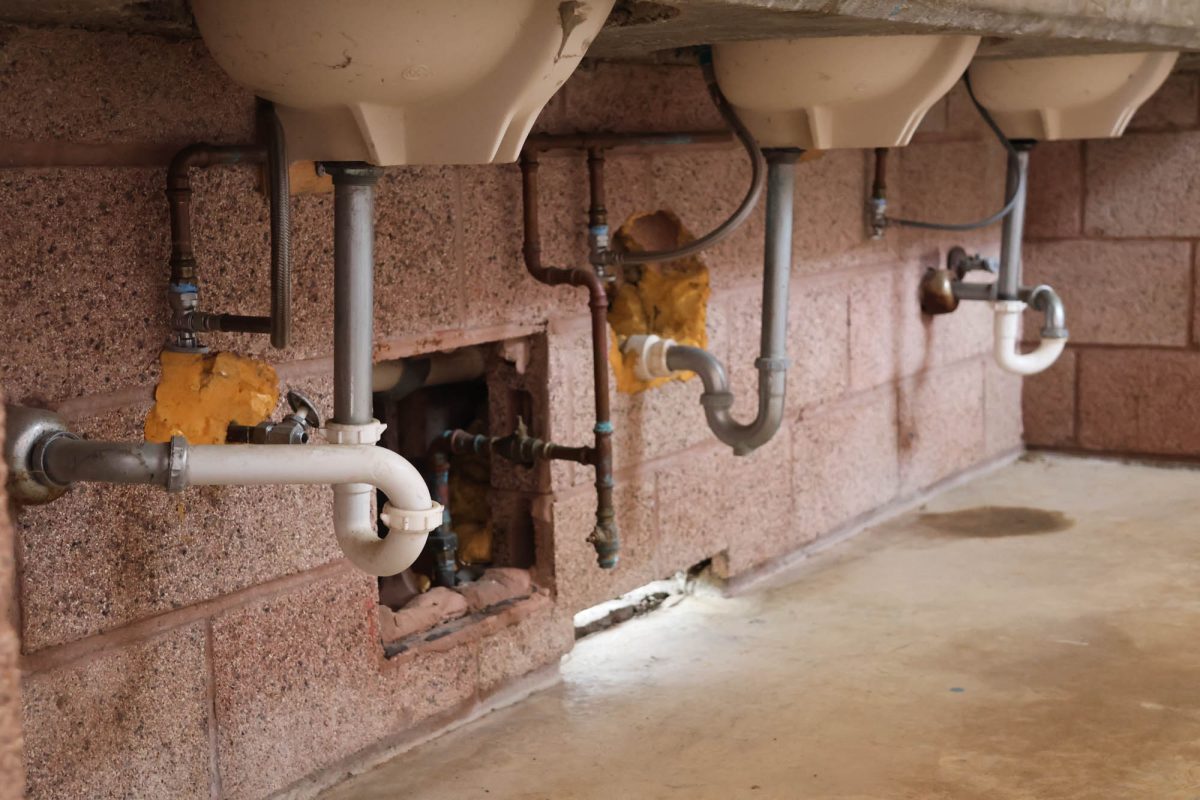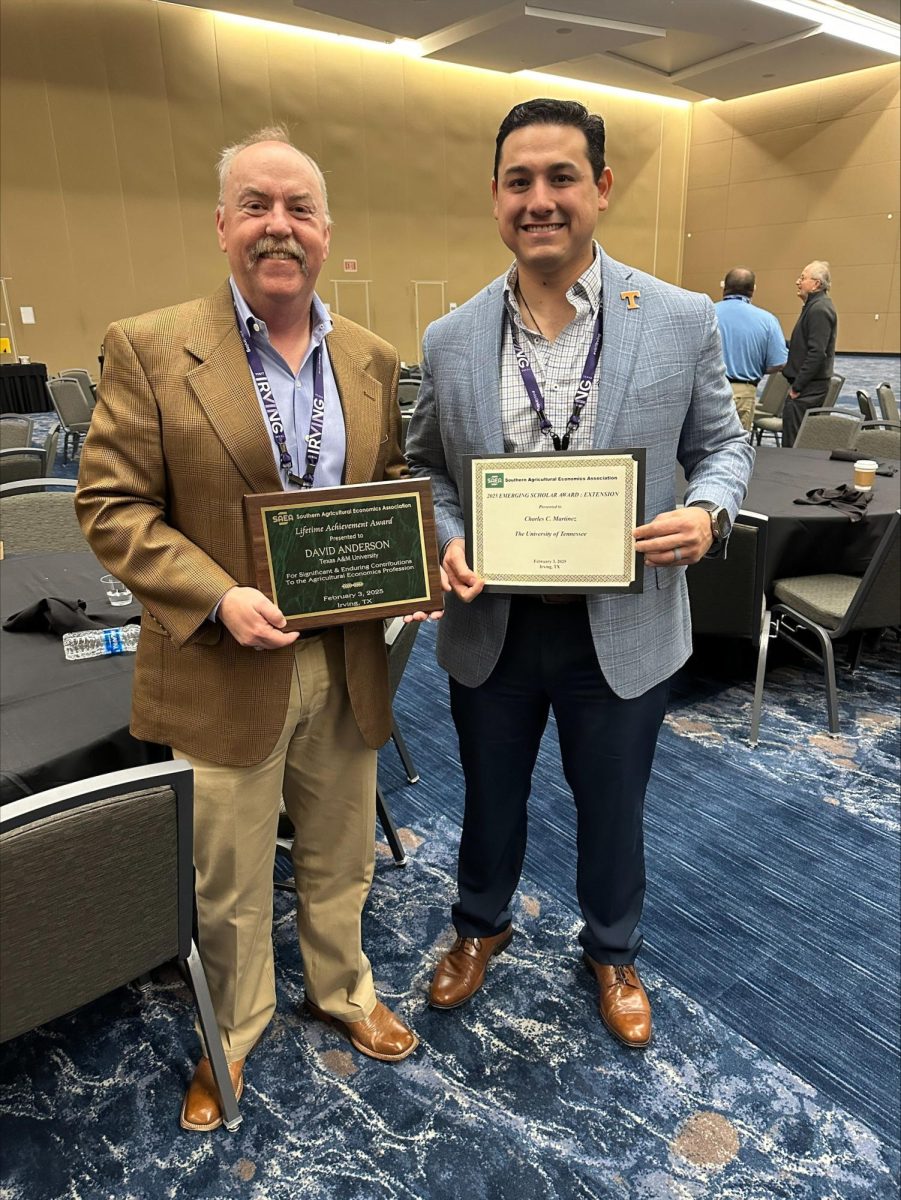The outcome of a national class action lawsuit is set to reshape Texas’ NIL law that prevents universities from directly paying athletes for use of their name, image or likeness, Texas A&M President Mark A. Welsh III said during a press conference.
Passed in 2021, the state law excluded universities when allowing student-athletes to profit from their NIL. But a preliminary settlement in House v. NCAA, a national class action lawsuit, allows Division 1 universities — including A&M — to use roughly $20 million toward NIL agreements with student-athletes. It would also see $2.75 billion distributed to various athletes who played for universities from as far back as 2016 to July 2021, when the NCAA first allowed athletes to earn money for their NIL.
While the settlement isn’t expected to be finalized until next spring, universities in Texas have taken notice, including A&M. Particularly, Welsh said current state law must be adjusted for A&M to fully comply with the settlement.
“We have been talking to the legislature about this,” Welsh said. “We do have draft language as well that we will propose, but we’re holding off until we know where we stand getting a little bit closer to the settlement date to make sure there’s not some other changes that need to be incorporated into this draft language.”
During a press conference at the Texas-A&M Lone Star Showdown, Southeastern Conference Commissioner Greg Sankey said the conference plans to work with schools like A&M whose state laws conflict with conference policies and the House settlement.
“We’ll work with our universities, and the universities with their states,” Sankey said. “We’ll work, I think, collaboratively, to make sure that we can implement this element under state laws.”
Further details will be shared in the February 2025 Board of Regents meeting to prepare for the lawsuit’s final hearing on April 7, 2025.
Welsh’s comments follow a letter to Gov. Greg Abbott from the regents leading the Texas Tech University System requesting the governor let universities ignore the state’s NIL law.
“As a result, TTU and other Texas universities are severely limited in their ability to recruit student-athletes, and Texas universities are likely to lose recruits to universities in states that do not have these restrictions,” the letter reads.
While the letter notes that they expect the law to be amended in the upcoming legislative session, the regents emphasize that state universities remain disadvantaged in the interim when making recruiting offers. A few weeks ago, Ohio Gov. Mike DeWine signed an executive order allowing state universities to pay athletes for NIL.
“We are very fortunate in this regard, I believe, in having Trev Alberts as our athletics director,” Welsh said. “He enjoys this kind of challenge. He is very good at it, and he’s putting together all kinds of options for how we should approach it, both organizationally and philosophically, that we have started sharing with our Board of Regents in our last meeting.”
Ian Curtis, features editor, contributed reporting.















